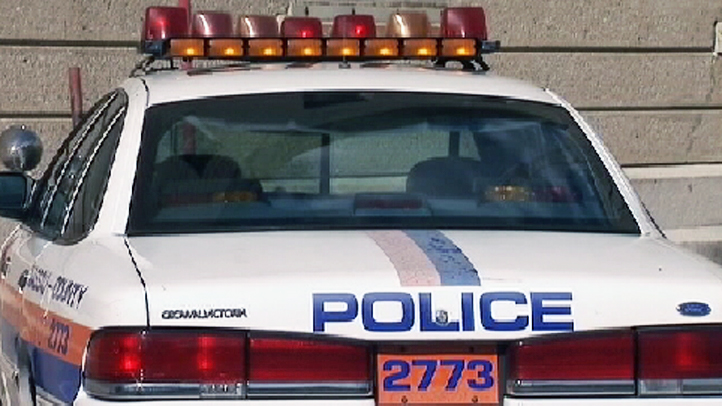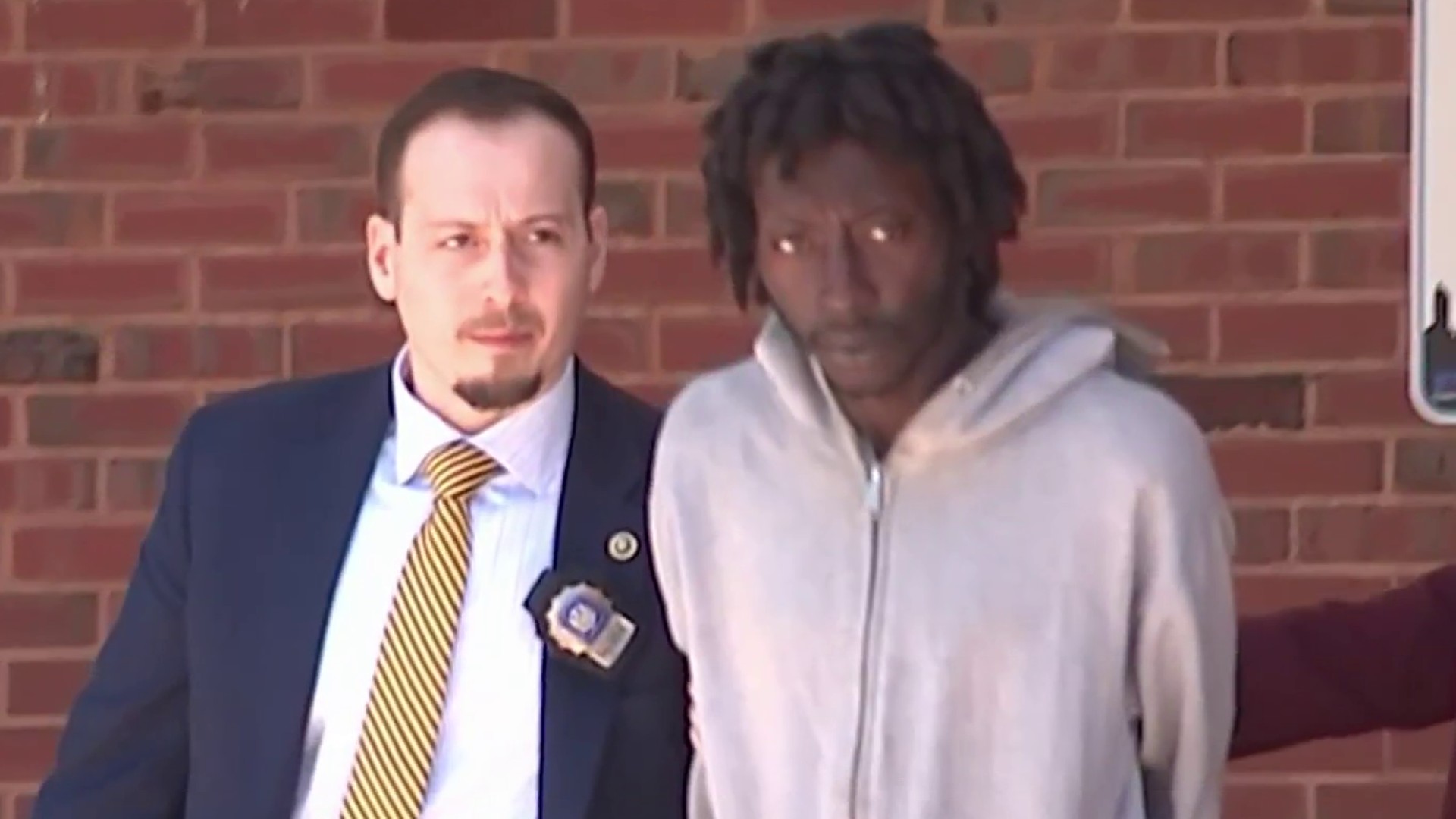A state lawmaker is proposing clearer, more uniform sex offender residency laws after NBC 4 New York's I-Team discovered a discrepancy in the rules about how close sex offenders can live to schools.
The I-Team began investigating after authorities arrested a convicted sex offender in a rape at a bathroom bar in the same neighborhood where he was staying at a homeless shelter.
That city-run shelter, the Bellevue Men's Shelter in Kips Bay, is around the corner from a pricey school for learning-disabled children – closer than the penal law says level-2 and level-3 sex offenders on probation should live to a school.
The I-Team has since found that a dozen convicted sex offenders lived at the shelter as well.
Here's how that happened, the I-Team found: the state Department of Corrections, which places and monitors paroled sex offenders, says the front door of a sex offender’s residence should not be less than 1,000 feet from the front door of a school. By those measurements, those sex offenders were OK to stay at the Bellevue Men's Shelter.
But the state penal code measures the required distance in a different way: it says the front door of the sex offender’s residence should not be within 1,000 feet of any part of the school property. By those standards, the 13 sex offenders at the Bellevue Men’s Shelter are living closer to a school than the law allows.
The differing standards of measurement reveals major confusion between different government agencies on how the distances between schools and shelters housing sex offenders should be measured, or even by whom.
The city did not immediately respond to a request for comment.
Local
In February, the state's highest court ruled that state law determines where sex offenders can live, not the more than 100 municipal ordinances setting boundaries around parks, schools and other areas where children are likely to gather. But the ruling doesn't account for the conflicting types of measurement in distance by various state agencies.
In response to the I-Team's discovery, Queens state senator Tony Avella said he will ask that the laws be rewritten to clarify and create a uniform policy on how distances between schools and shelters should be. Avella's proposed legislation will also mandate one government agency will be designated to enforce and monitor.
Avella is planning to propose his legislation next week when the state Senate reconvenes.
Stover, who was arraigned Thursday on rape, sex assault and other charges in the bar attack, was in jail and unavailable to respond to the accusations, though he told reporters he didn't commit the rape as he was being led from a police station after his arrest.



